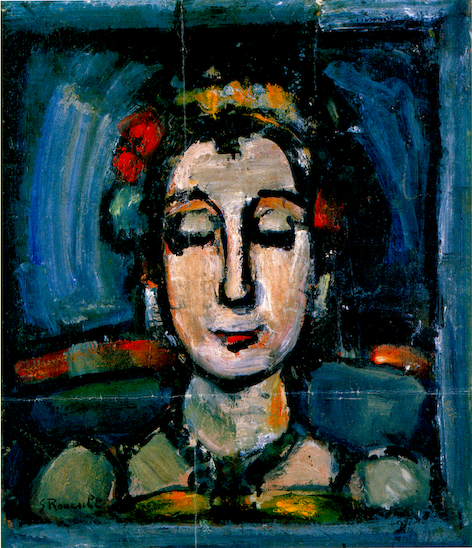タラル・アサドの宗教人類学
Talal Asad, 1933-

タラル・アサドの宗教人類学
Talal Asad, 1933-

タ ラル・アサド(Talal Asad, 1932- )は、サウジアラビア生まれのアメリカの宗教研究で著名な人類学者。
彼 の父は、ムハンマド・アサド(Muhammad Asad, 1900-1992)で、イスラム教に回収したユダヤ人。ムハンマドは改宗前は、レオポルト・ヴァイス(Leopold Weiss)と称してオーストリア帝国に属していたウクライナのリヴォフの生まれ。父(=タラルの祖父)はユダヤの法律家でラビの孫。母方の祖父(=タラ ルの曽祖父)は銀行家。ウィーン大学で哲学、美術史。その後に精神分析(アドラー派)に関心をもつ。さらにユダヤ人知識人としてシオニスト運動にも関わ る。1926年にスンナ派のムスリムとして改宗する。20世紀の ヨーロッパのムスリム(Islam in Europe)の代表的知識人として著名。
Muhammad Asad Interview, 1988 (1994年の番組)
●改宗(conversion)
さて、息子のタラル・アサドの紹介である。
"Talal Asad (born 1932) is an American cultural anthropologist at the Graduate Center of the City University of New York.[9] Asad has made important theoretical contributions to postcolonialism, Christianity, Islam, and ritual studies and has recently called for, and initiated, an anthropology of secularism. Using a genealogical method developed by Friedrich Nietzsche and made prominent by Michel Foucault, Asad "complicates terms of comparison that many anthropologists, theologians, philosophers, and political scientists receive as the unexamined background of thinking, judgment, and action as such. By doing so, he creates clearings, opening new possibilities for communication, connection, and creative invention where opposition or studied indifference prevailed".[10]/ His long-term research concerns the transformation of religious law (sharia) in nineteenth- and twentieth-century Egypt with special reference to arguments about what constitutes secular and progressive reform.[11]" - Talal Asad.
Conversations with
History - Talal Asad, 2008.
●世俗の形成 : キリスト教、イスラム、近代 / タラル・アサド [著] ; 中村圭志訳、 みすず書房 , 2006.年
宗教の世俗化(Secularization ): "Secularization (or secularisation) is the transformation of a society from close identification with religious values and institutions toward nonreligious values and secular institutions. The secularization thesis refers to the belief that as societies progress, particularly through modernization and rationalization, religion loses its authority in all aspects of social life and governance. The term secularization is also used in the context of the lifting of the monastic restrictions from a member of the clergy...../ "Secularization has many levels of meaning, both as a theory and a historical process. Social theorists such as Karl Marx, Sigmund Freud, Max Weber, and Émile Durkheim, postulated that the modernization of society would include a decline in levels of religiosity. Study of this process seeks to determine the manner in which, or extent to which religious creeds, practices and institutions are losing social significance. Some theorists argue that the secularization of modern civilization partly results from our inability to adapt broad ethical and spiritual needs of mankind to the increasingly fast advance of the physical sciences.""- Secularization .
宗教の世俗化を、たんに教会の権威の失墜とみるだけ
でなく、信仰の領域が、世俗社会=公共圏(public sphere)よりも、家庭の中に、つまり親密圏(intimate
sphere)のなかに撤退し、結晶化したという言い方もできる。つまり、衰退したのは教会であって、親密圏のなかでは宗教的実践はその後も連綿と続いて
いるという見方も可能である。
●
Select bibliography from Wiki, Talal Asad.
リンク
文献
その他の情報


